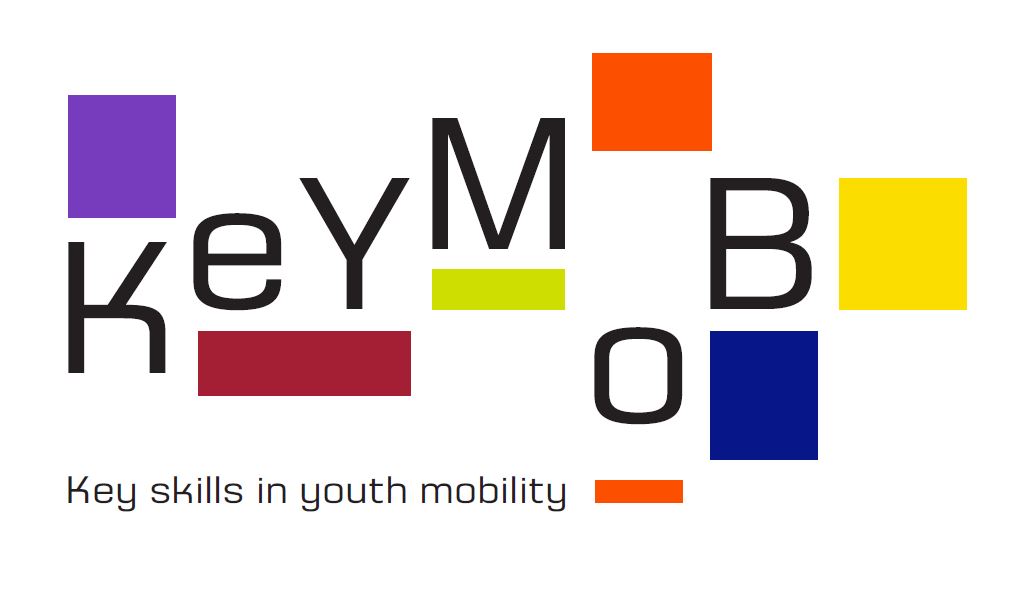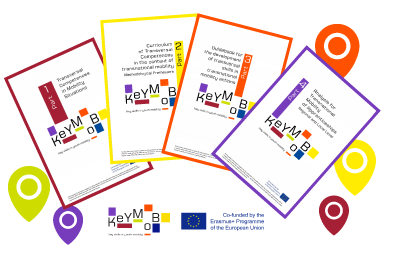Go back
KEYMOB: Key Competences for Mobility (2018-2021)
The project aims to develop curricula for the acquisition of transversal competences. It is based on a dual learning approach and mobility across countries in order to assure that respective competences are actually acquired. KEYMOB is focused primarily on the key players in the international mobility of the apprentices, and at the regional and municipal institutions and the intermediary bodies that necessarily collaborate in the success of such mobility. On second instance, it is directed at the apprentices, in order to improve the quality of their learning of transversal competences in an international context. The main expected result of the project is a consensus between regional authorities, training centers and representatives of companies to develop transverse competencies of trainees in a context of transnational mobility in the 3 regions participating in the project: Catalonia, Occitanie, Baden-Württemberg and in the city of Chomutov. This consensus will consist of an agreement on the instruments needed to develop it.
Fact sheet available here.
Total project duration: 30 months.
Outputs
Part 1: Transversal competences in mobility situations
This final report summarises and integrates the key takeaways and proposals of the KEYMOB project with the aim of promoting outreach across Europe. |
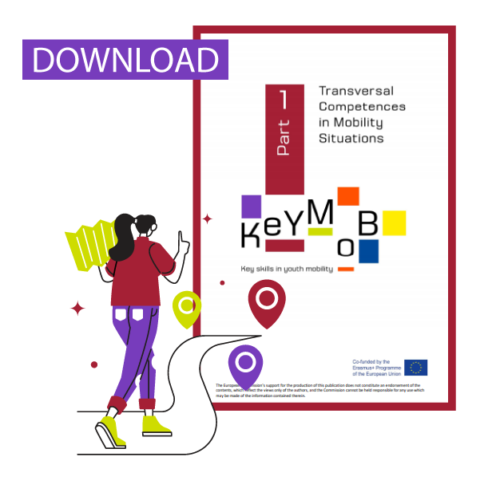 |
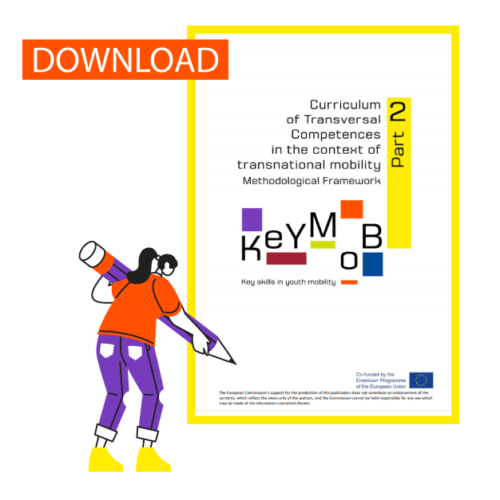 |
Part 2: Curriculum of Transversal Competences in the context of transnational mobility
This document intends to describe a methodological framework for the actors of Education communities to help them to get a referential of Transversal Competences for students in VET. |
Part 3: Guidebook for the development of transversal skills in transnational mobility actions
This guide contains the recommendations, criteria and instruments for applying the curriculum designed in each region and the criteria established by each region in the protocol of agreement between the parties for its development. |
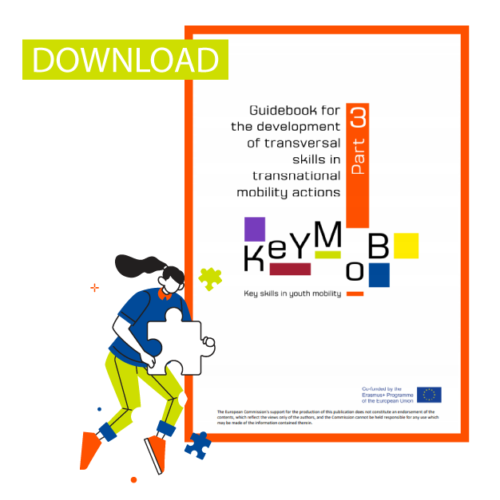 |
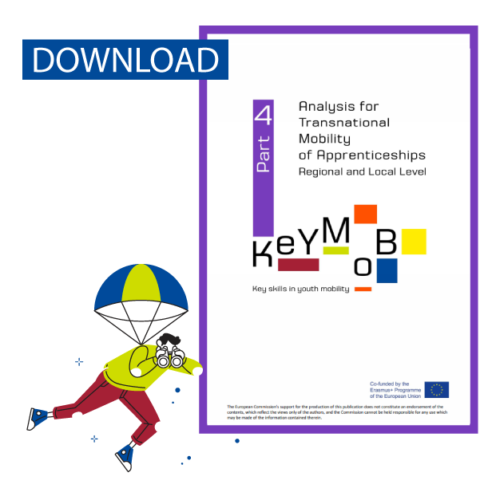 |
Part 4: Analysis for Transnational Mobility of Apprenticeships (regional and local level)
The study results confirm that mobility placement for Vocational and Educational Training (VET) students helps to develop the professional competencies of participants, both transversal and technical and, therefore, contributes to improving employability levels. |






